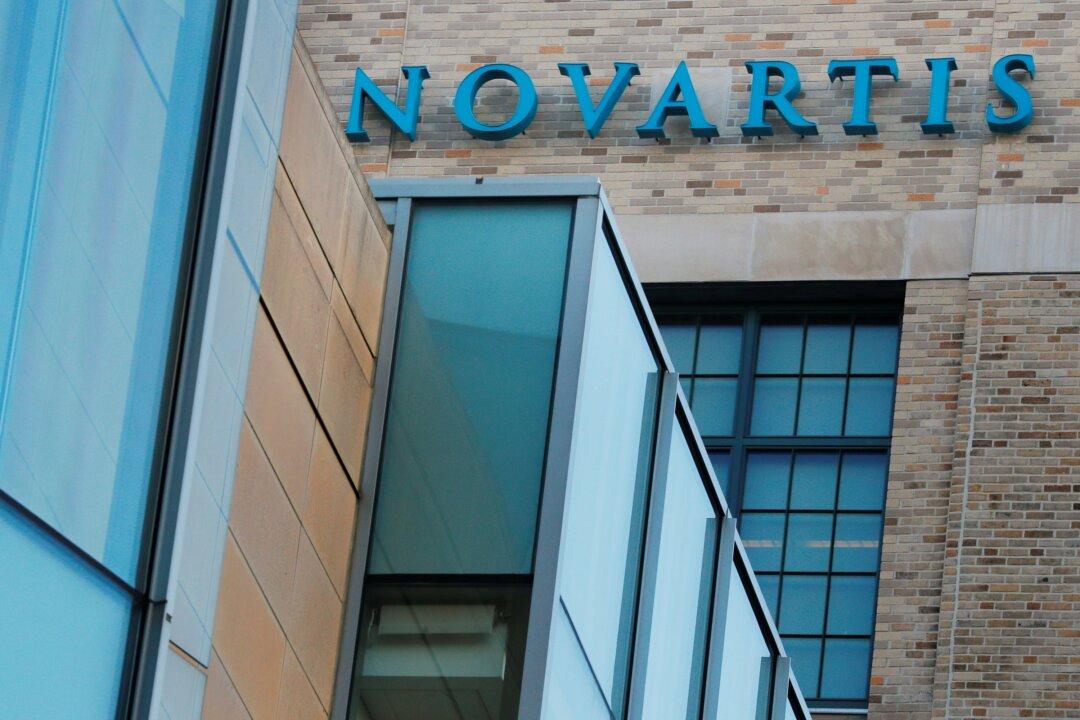Swiss pharmaceutical company Novartis announced on April 10 that it will invest $23 billion over the next five years to expand its U.S. manufacturing and research operations.
The initiative includes the construction or expansion of 10 facilities nationwide, with a focus on building out domestic production capacity for the company’s most important medicines. Novartis said the investment will allow it to manufacture 100 percent of its key drugs end-to-end in the United States—a significant increase from current levels.





